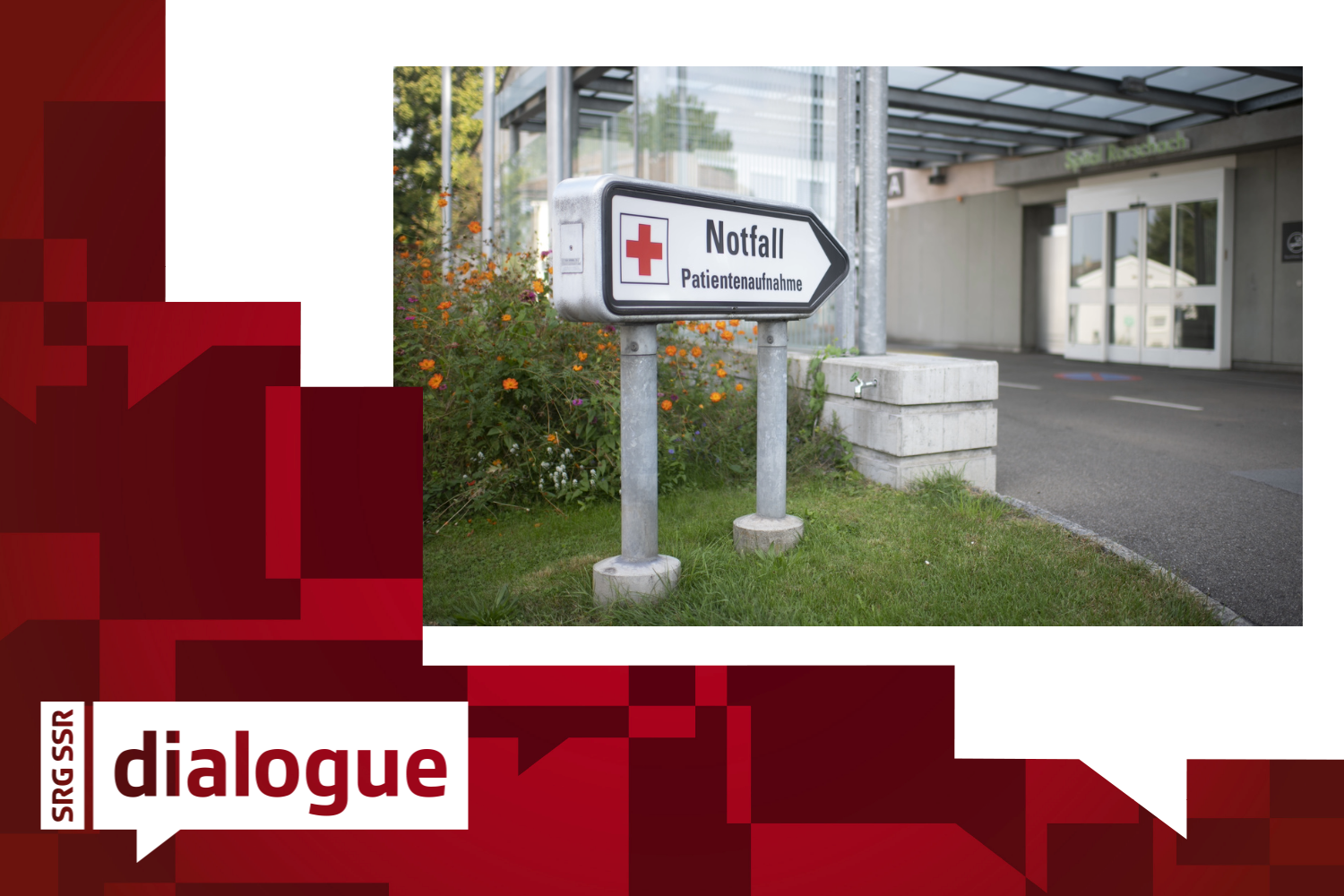
Hospitals can only survive long-term with public funding

Swiss hospitals are expected to accumulate losses amounting to CHF1 billion ($1.13 billion) by 2023. The majority will not achieve the necessary margin to finance investments and are reliant on an implicit state guarantee.
+Sign up to get the most important news from Switzerland directly in your inbox
According to a KPMG study, 68% of the CFOs from 48 hospitals, including psychiatric and rehabilitation clinics, indicated that they assume an implicit state guarantee. The study was first reported by the newspaper “Neue Zürcher Zeitung” (NZZ) on Saturday and is also available to the Keystone-SDA news agency.
+Swiss politicians agree that healthcare system has to change – but how?
The guideline suggests that earnings before interest, taxes, depreciation, and amortisation (EBITDA) should be at 10% to finance investments. This target was only just met by rehabilitation clinics. The “Clarity on Healthcare” study by the consulting firm revealed that the EBITDA figure for other hospitals was only 1.8% in 2023.
Only 14 of the institutions surveyed reported any profit at all. Extrapolating this data to the entire hospital landscape, KPMG estimated a total loss of CHF1 billion.

More
Healthcare costs: should Swiss hospitals clamp down on expenses?
Adapted from German by DeepL/amva
This news story has been written and carefully fact-checked by an external editorial team. At SWI swissinfo.ch we select the most relevant news for an international audience and use automatic translation tools such as DeepL to translate it into English. Providing you with automatically translated news gives us the time to write more in-depth articles.
If you want to know more about how we work, have a look here, if you want to learn more about how we use technology, click here, and if you have feedback on this news story please write to english@swissinfo.ch.

In compliance with the JTI standards
More: SWI swissinfo.ch certified by the Journalism Trust Initiative




























You can find an overview of ongoing debates with our journalists here . Please join us!
If you want to start a conversation about a topic raised in this article or want to report factual errors, email us at english@swissinfo.ch.